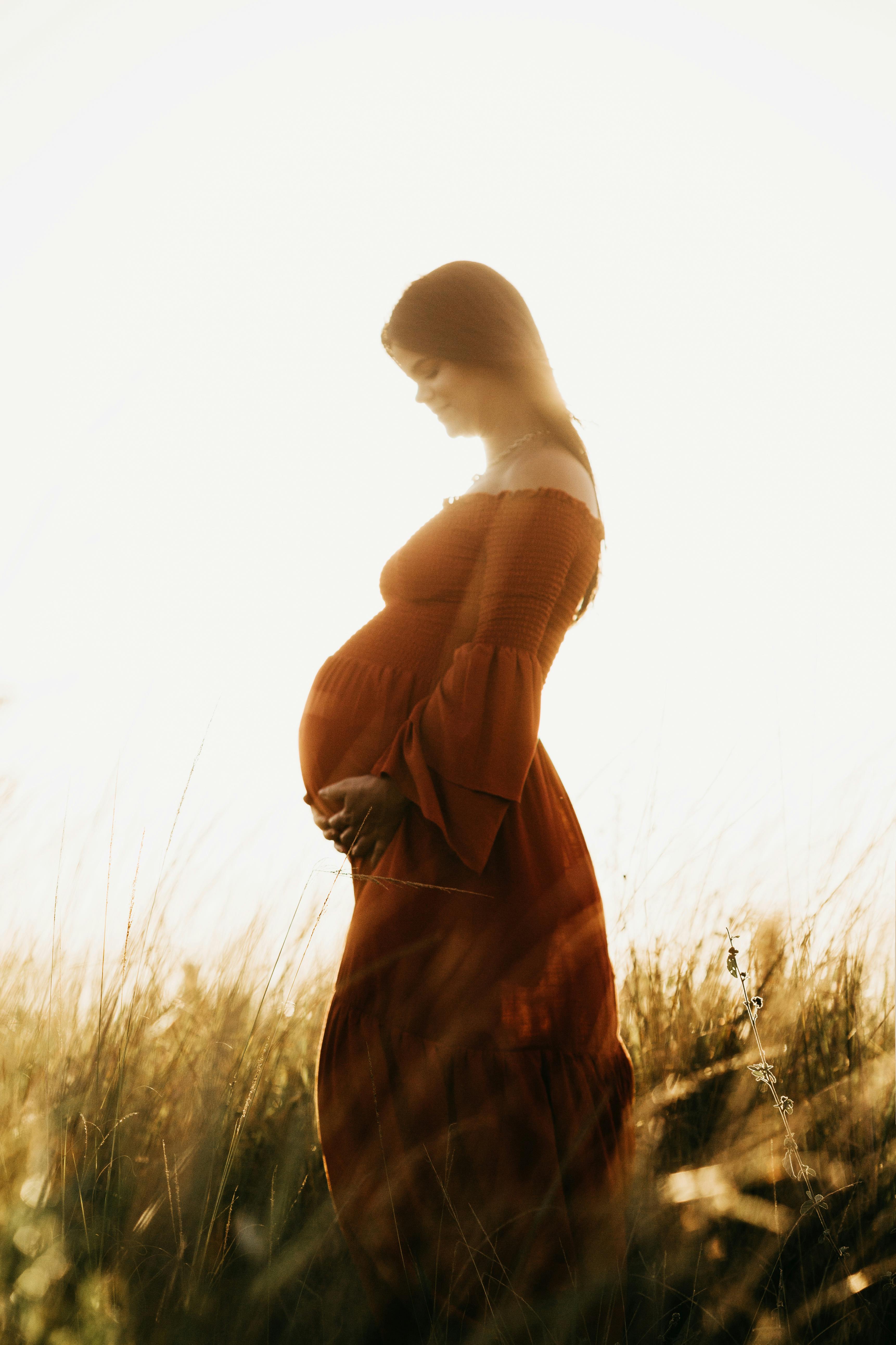Understanding the Safety and Risks Associated with Ginseng Consumption During Pregnancy

There's no question that pregnancy can be a time of excitement mixed with trepidation as the expectant mother negotiates the maze of dos and don’ts in the interest of safeguarding her health and that of her unborn child. A key area of concern revolves around dietary choices and supplements, among which ginseng often steps up to the podium. Ginseng is a plant whose roots have been valued in traditional Eastern medicine for centuries, hailed for its wide-ranging health benefits. But is ginseng safe during pregnancy? The intention of this article, "Understanding the Safety and Risks Associated with Ginseng Consumption During Pregnancy," is to provide information that helps answer this question.
Understanding Ginseng
Ginseng is a plant native to Asian countries and has been used for centuries due to its perceived health benefits. It is known to boost energy levels, stimulate the immune system, manage stress, and even has a positive impact on mental functions like memory and concentration. However, these benefits can make it seem more attractive to pregnant women who often grapple with debilitating fatigue, mood swings, and forgetfulness among other challenges.
Ginseng and Pregnancy: A Grey Area
While the health benefits of ginseng are touted widely, the effects of ginseng during pregnancy are less well-understood. The limited research available makes it challenging to definitively declare ginseng safe or harmful during pregnancy. Hence, it occupies a shaded area of ambiguity, leading to contrasting opinions among health professionals.
Research-Based Insights into Ginseng and Pregnancy
Much of our understanding about the effects of ginseng on pregnancy comes from lab studies involving animals or cell-line experimentation. Some of these studies suggest that ginseng, particularly at high doses, may have negative effects. In rodents, for example, ginseng has been linked to birth defects, and in cell-line studies, it is found to inhibit growth. But it would be remiss to extend these findings directly to humans.
Contrarily, a Korean study showed that women who consumed ginseng during pregnancy did not observe any negative outcomes for themselves or their babies. However, these seemingly opposing views create more confusion than clarity.
Why the Conflicting Opinions?
It's important to note the quality and type of ginseng used in these studies as it varies widely. For instance, Asian ginseng (Panax Ginseng), American ginseng (Panax Quinquefolius), and Siberian ginseng (Eleutherococcus senticosus), all have different grades and levels of active compounds called ginsenosides. So, the results may significantly change depending on the type and grade of ginseng employed.
Furthermore, the dosage is another significant variable influencing research outcomes. High doses of practically any substance can be harmful, and the same rule applies to ginseng.
What to Do?
Given the lack of definitive conclusions, caution becomes the keyword when it comes to ginseng's use during pregnancy. Professional associations like the American Pregnancy Association recommend that pregnant women should avoid consuming substances that have not been proven safe during pregnancy. In keeping with this guideline, many healthcare providers may suggest refraining from ginseng during pregnancy.
Conclusion
While pregnancy is a beautiful journey, it is also a critical period of intense physiological changes which require mindful decisions, one of them being the consumption of certain supplements and herbal remedies like ginseng. The current evidence about the safety of ginseng during pregnancy is, regrettably, sketchy at best and conflicting at worst. Until further research provides more clarity, it is highly advisable for pregnant women to consult their healthcare provider before deciding to consume ginseng. It's vital to remember that what matters the most is the well-being of the mother and the child, and sometimes, the wisest decision is to err on the safer side.





